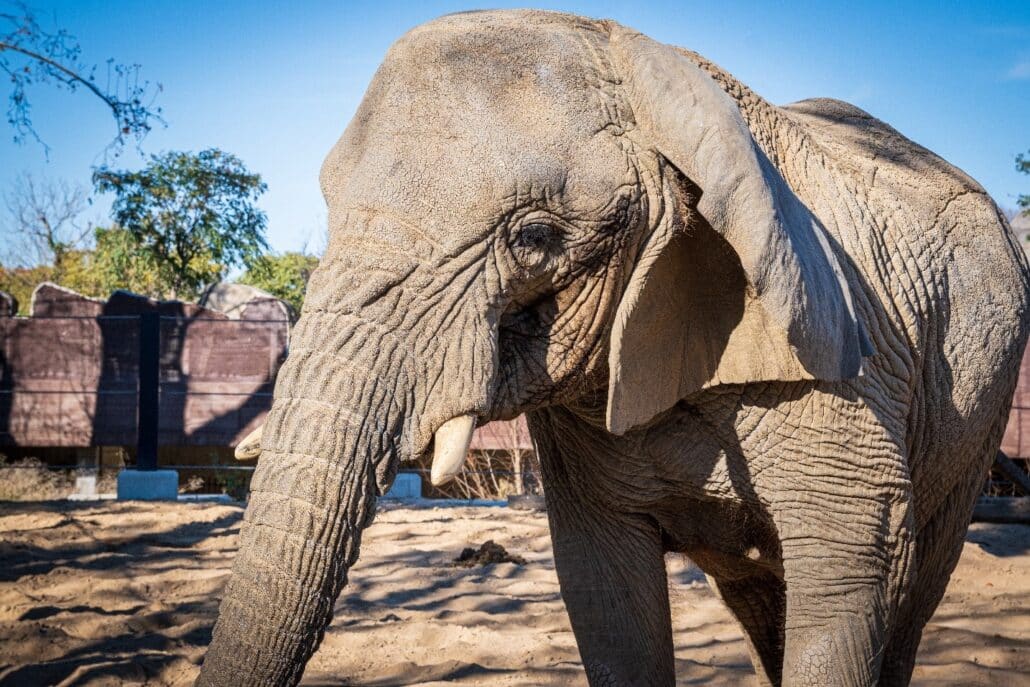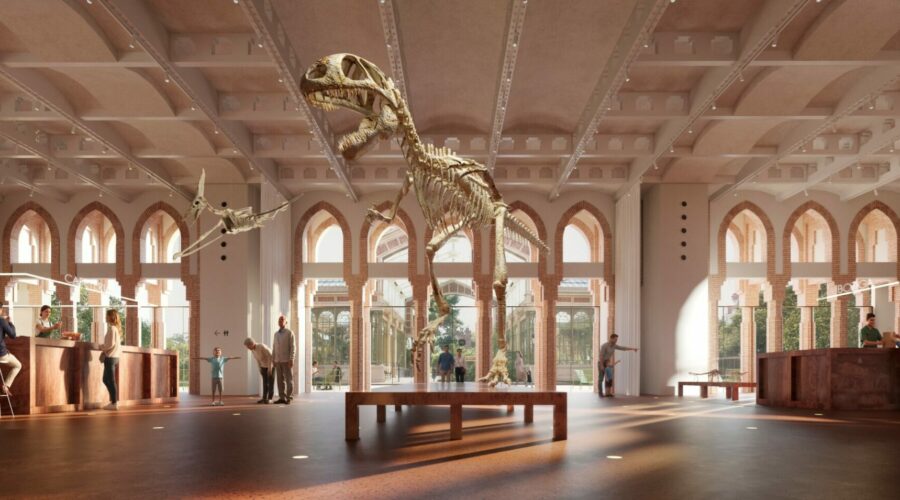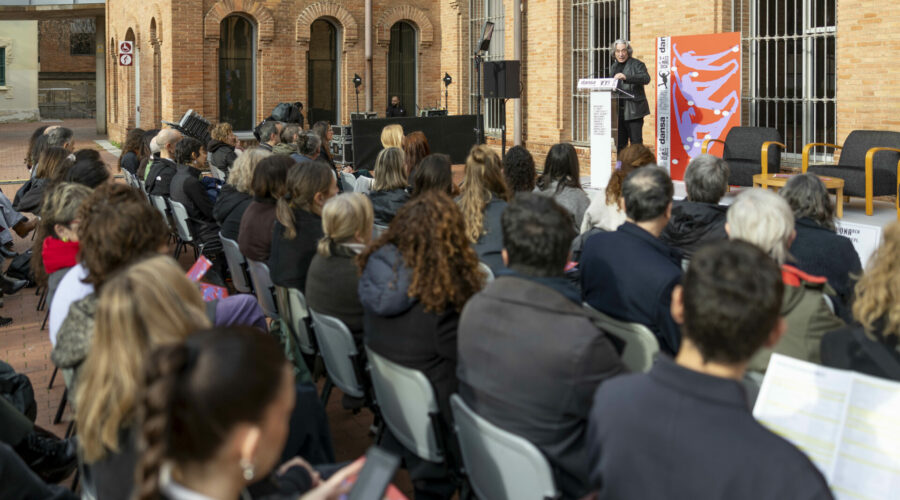Yoyo’s life: a story full of history
The news of the passing of Yoyo, the world’s longest-living elephant, resonated deeply with the community. For more than five decades, Yoyo became a symbol of perseverance and resilience at the Barcelona Zoo. Her story captures the essence of a life well lived, full of experiences that left indelible marks in the hearts of those who had the privilege of knowing her.

Yoyo’s role in conservation and education
Yoyo was not only a beloved resident of the zoo, but also an ambassador for animal conservation. Her longevity allowed researchers to study crucial aspects of captive elephant care and management. Over the years, Yoyo helped refine practices that ensure the welfare of elephants in the controlled environment of a zoo, which has been invaluable to other institutions dedicated to the protection of this species. In addition, his story was used as an educational tool to sensitize younger generations to the importance of caring for animals and preserving their natural habitat. Many of his talks with caregivers and specialists concluded with the smiles and curious looks of the children, who learned to appreciate the richness of biodiversity through their direct contact with Yoyo.
Challenges and lessons learned during his lifetime
Throughout his long life, Yoyo faced various challenges that, in one way or another, left valuable lessons. From climatic changes to different adjustments in his diet, Yoyo adapted gracefully, always showing his exceptional intelligence. He faced with dignity the difficulties associated with aging, such as physical wear and tear and certain mobility limitations, a reflection of his indomitable spirit. Her caretakers, close witnesses to her evolution, learned valuable lessons about the treatment of aging elephants. These lessons not only benefited Yoyo, but also set precedents for the treatment of other elephants in similar situations around the world, improving their standards of care and quality of life.
Emotional impact on the community and beyond
Yoyo’s death did not go unnoticed. The news brought with it a wave of emotions that swept not only the people of the zoo, but the entire city of Barcelona and beyond. Social networks were filled with messages and memories from those who knew her, either personally or through educational activities. Yoyo, at the end of her journey, proved to be more than an impressive animal; she was a bridge of connection between humans and nature. The feelings of loss are intertwined with the lasting legacy Yoyo leaves behind: a deep appreciation for elephants and a firm conviction about the need to protect them. Although she is no longer physically present, her spirit and the impact of her life continue to shape the community that surrounded her over the years.
The future of the zoo without Yoyo
Yoyo’s departure leaves an undeniable void at the Barcelona Zoo. However, his teachings will continue to guide zookeepers and zoo management to continue improving conservation and educational practices. Yoyo’s story will become a valuable reference to continue the mission of protecting endangered species. As Zoo teams prepare to welcome new residents, they are keeping Yoyo’s spirit alive through their programs and in the collective memory of those who were touched by his life. The challenge now lies in honoring his legacy by creating an environment that fosters animal welfare and inspires future generations.
Remembering Yoyo with gratitude
In short, Yoyo represented much more than an elephant in a zoo. Her longevity and character left an indelible mark in the history of animal conservation and in the memories of those who knew her. Her life, full of challenges and learning, will continue to inspire new generations to value and protect the natural world.



